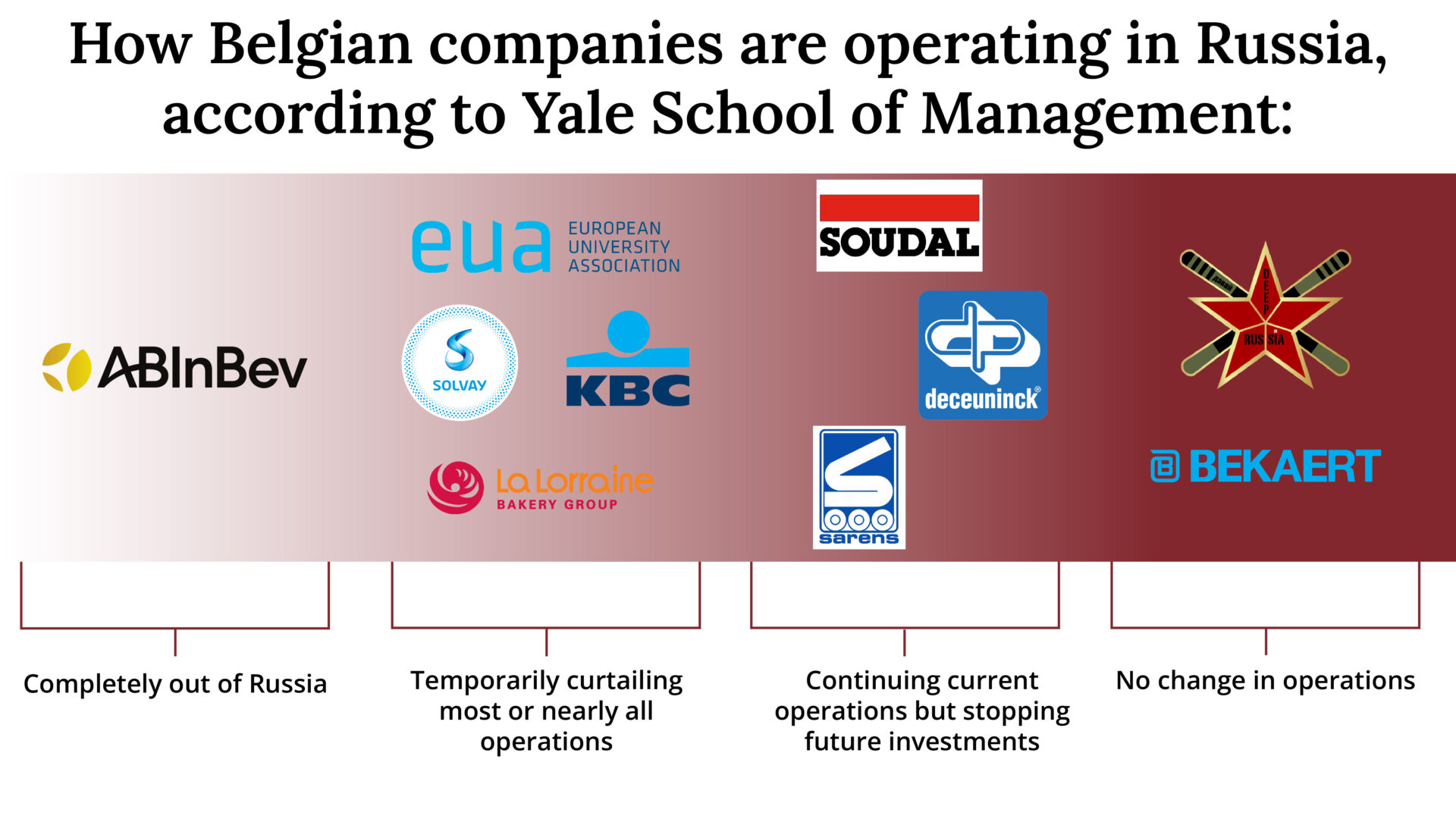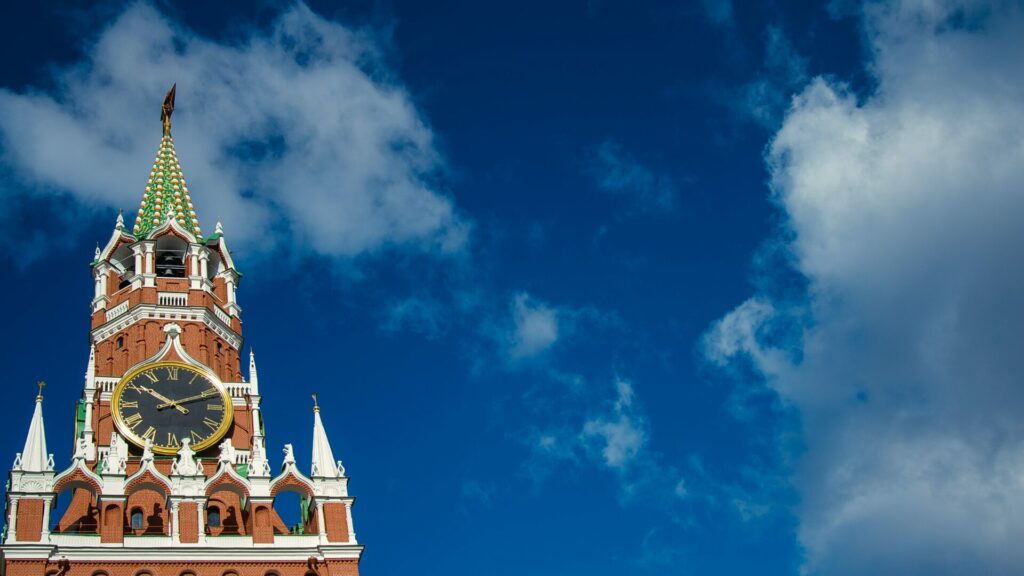47 of the world’s 200 largest corporations with a presence in Russia are under threat of having their assets seized or expropriated by the Russian government, a recent report published by the Moral Rating Agency has revealed.
Companies that do not leave or sell their assets in Russia in a timely manner risk coming under direct threat of influence from Russian authorities. Namely, they might be asked to affirm their support for the Russian government, surrender their shareholder rights, or even invest more in Russia under the threat of the expropriation of their assets.
Russia eyes foreign assets
There is growing precedent to suggest that Russia would be willing to simply expropriate privately-held foreign assets in the country.
On 1 July, the Russian government announced that it would take control of the Sakhalin-II project, transferring it to a new entity and forcing three foreign investors (Shell, Mitsui, and Mitsubishi) to sign up to new terms in order to remain shareholders.
The decree now allows Russia to demand concessions from other international companies. The share value of some companies has already dropped by 5%, with the markets seeming to predict further expropriation in the coming months.
“The decree demonstrates that Russia is not just willing to expropriate assets, but it also positions itself to engage in ‘expropriation blackmail’,” said Moral Rating Agency founder Mark Dixon.
As part of the Moral Rating Agency’s mission to name and shame companies that leave the market, and those who claim to have left without actually leaving, a study was conducted to assess the risk posed by Russian authorities to foreign assets which are still in the country, This includes factories and other assets, as well as majority or minority stakes in local companies.
Related News
- 'At a loss': AB InBev asks Ukrainian staff to leave accommodation
- Putin says he has not even really started yet in Ukraine
The data shows that around 24% of major corporations which had a presence in Russia are at risk from Russian authorities. The agency states that some of the most exposed corporations are energy giants such as Mitsui, BP, TotalEnergies, China National Petroleum, Fortum, China National Offshore Oil, and E.On. Others in the top 11 most vulnerable include PepsiCo and Mitsubishi.
Japanese conglomerate Mitsui controls stakes in both the Sakhalin-II and Arctic LNG-2 gas infrastructure, worth a total investment of $5.1 billion – or roughly 15.3% of the corporation's total market capitalisation, all of which could be expropriated by Russia. British energy giant BP controls a 19.75% stake in Russian company Rosneft, worth 12.8% of its total market cap.
“The risk of being expropriated has now put companies that were talking about getting out of Russia in the same position as those refusing to get out. Both groups may now be subjected to the same pressures and risks,” Dixon notes.
Remain and pay the price?
The moral of the story, the report suggests, is that those who moved fastest to leave the Russian market are the best protected against any exploitation by the Kremlin. Data from the group shows that the companies ranked as “entrenched” in the Russian market are now those who are suffering the highest asset risk. 47% of companies that have assets at risk are those that made no attempts to leave the market.

Credit: Marta Mieze/The Brussels Times
"Sometimes moral behaviour is rewarded on earth, not just in heaven," Dixon said. "Companies that left Russia quickly after the invasions, and were willing to make the commercial sacrifice by accepting low prices for their assets, no longer need to worry about being expropriated by the Russian government or being blackmailed under threat of expropriation."
The end goal of these appropriations, the agency believes, is to threaten companies to fall into line to protect their interests and place pressure on their respective governments. Early evidence from Japanese expropriations shows that Mitsubishi and Mitsui may now push for Japanese reconciliation with Russian President Vladimir Putin.
No major Belgian corporations appear to have any remaining vulnerable assets in Russia, including Brewing giant AB InBev, which has entirely quit the Russian market. Others have remained deeply entrenched in the Russian market, such as industrial company Bekaert, which remains active in Russia.

